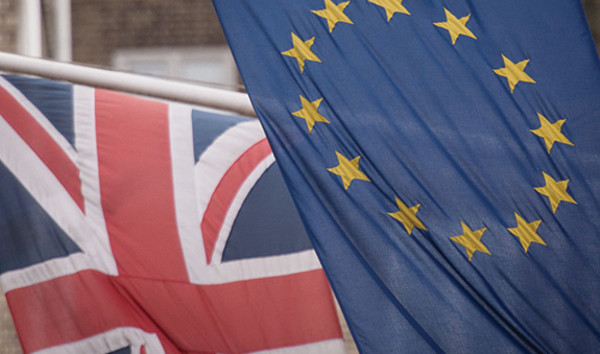

I am a firm Remain voter. I have not heard anything that convinces me that we would be better off leaving the EU.
Economic case
There are lots of figures being bandied about, but on balance, the economic case is overwhelming for us to remain, and the majority of economists agree on this. There is good evidence that we will experience short-term pain via a weaker currency, recession and slower growth. Over the longer term, as a small market, our ability to negotiate good trade deals with economic blocks such as China, US, India and others is by no means certain.
Migration
There is a great deal of noise round the burden of migration – burden on our schools, NHS and housing. However, there is little hard evidence to back this up. The reality is that immigration brings all sorts of benefits – much of our NHS is staffed by migrants as are chunks of local services. One reason for this is we are an ageing population and need younger people to undertake the economic activity, another is because we have failed to properly skill our own people, resulting in a skills shortage. Migrants have filled the gap in both cases.
I live in the Medway Towns, and over the past 10 years, I have struggled to recruit people to provide services as gardeners, cleaners and, in fact, staff for Addidi. We were recruiting for an administrator and decided to recruit someone local – we had dozens of hapless CVs. We shortlisted five for interviews and just one turned up – she was a recent Indian migrant. During my time at Fiona Price & Partners, we struggled with recruitment in London and often ended up recruiting Australians and Polish students.
The argument against immigration revolves around the human need to find scapegoats for our problems, and you can go back in history and find the same sort of arguments being used against migrants and minorities – Hitler in the 1930s against the Jews; Enoch Powell in the 1970s against the Asians; and now, in the US, Donald Trump against the Mexican and Muslims.
The peace premium
The EU was born from a desire to bring together countries that had been at the centre of two world wars and create a formula for peace – of which we have had 70 years. Although the UK leaving the EU by itself may not lead to EU break-up, there is a real danger that the populist sentiment of anti-migration and nationalism could spread, and lead to instability in the EU. There is also a good chance that the UK could itself break up, with Scotland leaving.
Democracy
Another argument of the Leave campaign is that we have not elected the bureaucrats in Brussels and it is time we took control back. The reality is that we do elect MEPs, who then appoint the bureaucrats – this is the same process for Westminster. In 2015, some 66 per cent of the electorate voted in the General Election, and of these just 37 per cent voted for the current government.
So if we have issues with the democratic process in the EU, then we can choose to change the process and make it more democratic.
The problem with the current campaign, on both sides, is the use of fear to try and convince voters – fear of migration on one side and fear of economic hardship on the other. What we need is a bold vision for remaining in the EU. In an age of globalisation, multiculturalism and gender diversity, there is no going back.
Anna Sofat is chief executive of Addidi Wealth


